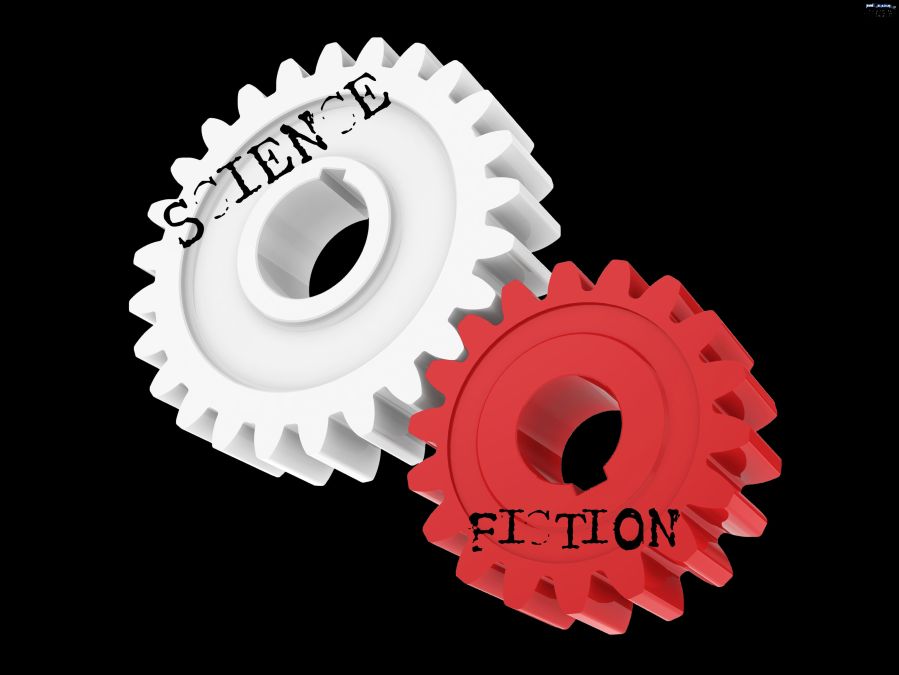It seems like everyone who wants to give advice to aspiring authors has one thing they harp on more than anything else. They claim that it will make or break your story. It will draw in or alienate your audience. Your success and skill will be endlessly measured by it.
The it, of course, is character development. The things they are saying are pretty much all lies. Or at least, half truths. You can’t even google “authors who didn’t need character development” without getting a bunch of posts about how to develop characters. It makes me sad.
1. The Half Truth
One of my favorite authors is Arthur C. Clarke. If you have ever read one of his stories, whether it was a novel or short fiction, I dare you to remember a character’s name. I read his stuff all the time and I can’t. But I can tell you exactly what happened in the story. I can tell you all of the cool ideas. In fact, when I read his stories that are character-centric, I tend to leave them unfinished. He simply couldn’t do it. He can’t write an intriguing character. Except for HAL-9000. And that was a computer.
Yet he was a very successful writer. He wrote and sold a lot of novels, tons of short fiction, and even a few screenplays. The myth of having intriguing characters is much more a result of something else.
2. YA lit
I feel that Young Adult literature has skewed fiction a bit. Young Adults, or as we used to call them: teenagers, are at a point in their development that requires a sense of belonging. Something or someone to relate to. Harry Potter struggles just like they do. Bella and Edward were meant to be together, no matter what anyone else says. All of these things point to a deep need for something other than a story.
3. Visual Media
TV and Movies have always been character driven. Lots of movies have no plot whatsoever. And lots of TV shows have to rely on character development to drive the whole ship. The lines between a written medium and a visual medium have become very blurred, leading to television tactics in the great American novel.
4. It’s not all bad
Now, don’t hear me saying that characters don’t matter. They do. I just don’t think we have to spend so much time developing every one of them to the point that we can write all of their back stories. This epidemic has to be put into perspective.
Next Time
Next week, we can discuss fixing this mass falsehood. What is good character development? How much do of it is enough? Why are everyone’s main characters a transcendental metaphor?
Next time! All this…and more…



